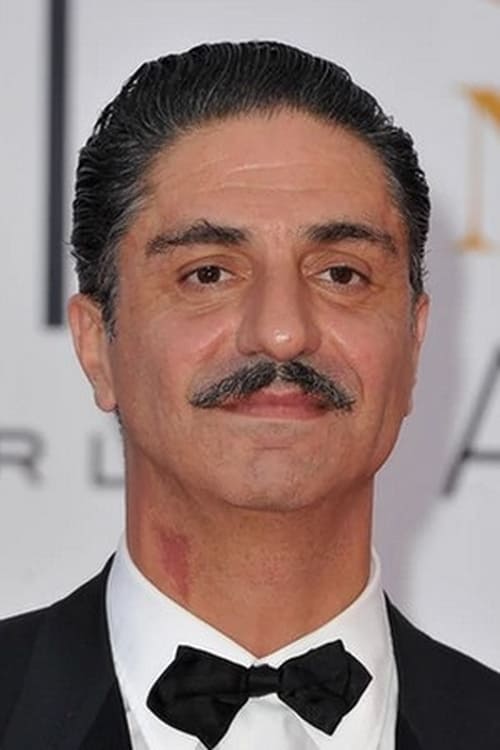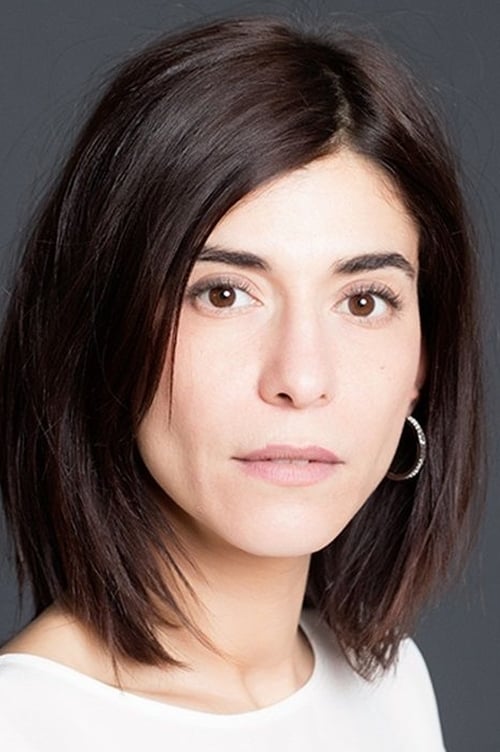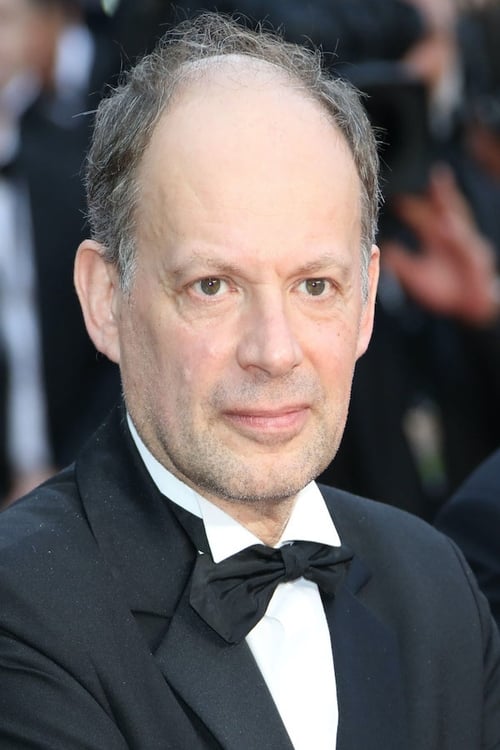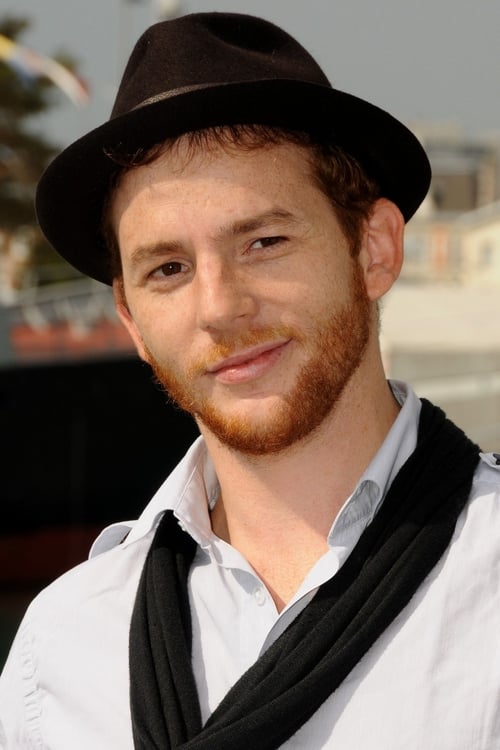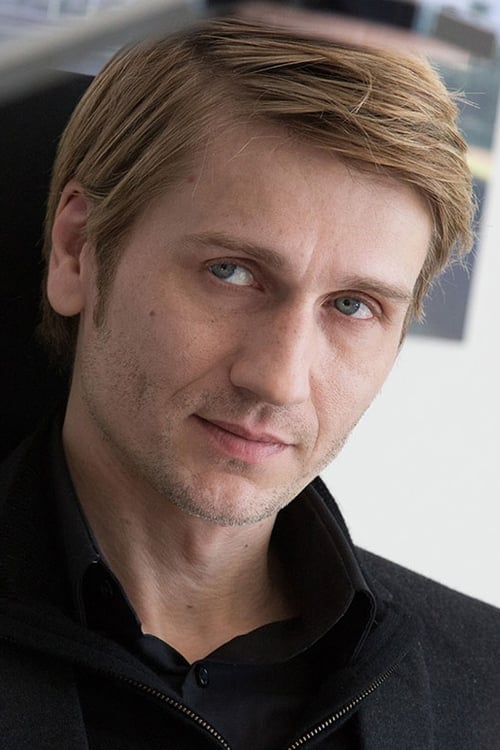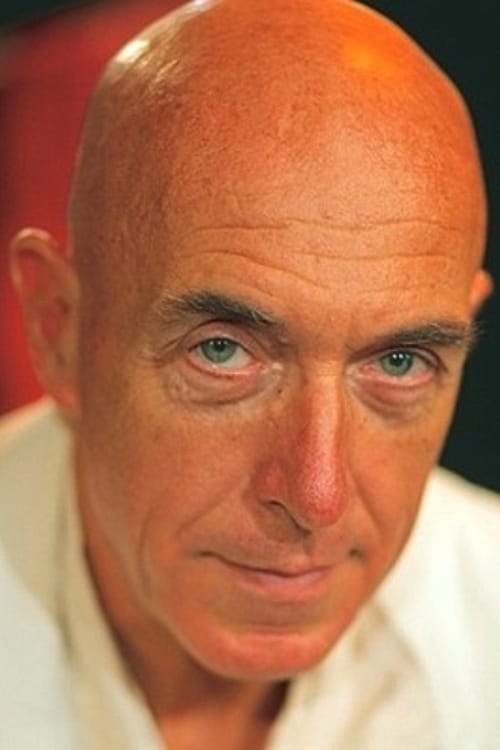Almost Peaceful (2002)
Genre : Comedy, Drama, Romance
Runtime : 1H 34M
Director : Michel Deville
Synopsis
Set during the largely unexplored period immediately following World War II, the film follows a group of mostly Jewish Parisians who attempt to restart their lives and rekindle their capacity for happiness in the shadow of unspeakable horrors. Variety called it "thoroughly charming. Sad, gentle, and funny in the best French tradition of high quality cinema." A film by Marcelo Gomes

Six people find a mysterious mark in the center of their left hand and all independently go to Easter Island in hopes to uncover the mystery.
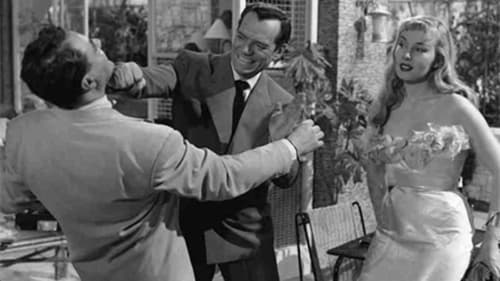
Lemmy Caution is on the trail of a women who may or may not be mixed up in a blackmail scheme.

Set in the summer of 1942 during WWII, the film traces the trajectory of simple people thrown into extraordinary lives, revealing the heart-warming flame of hope and humanity that endures, even in times of war and dispair. As young Julien, his family and a group of friends traverse the French countryside after fleeing the institution they called home, Julien must deal with his father's extreme violence and his mother's rosy fantasies and once again form a family that society tries to forget.

Stanislas Oscar Seminario, aka SOS, is a young explorer, just back from Africa, visiting old friends: the Pescara's. But the father keeps receiving anonymous letters. And soon a mysterious murder is committed. SOS begins to investigate...

Philippe Perrin, a young engineer passionate about his work, leads the construction of a huge dam in the High Alps. Like all the men who work on the building site, he gives the best part of himself. Unfortunately, his health deteriorates but he refuses to follow the doctor's orders as well as the advice of Micheline, a young nurse who has fallen in love with him. However, driven by the evolution of his illness, Philippe finally makes up his mind to go down to the valley for a treatment. On the very day of his departure though, a young Arab worker gets killed in a rock crusher...

German movie set in the future where there is a village existing only to maintain a game preserve for the ruling class and whose inhabitants are kept happy by popping pills. Written and directed by Uwe Brandner, the movie operates on many levels of love-hate relationships, but it is primarily a political parable about fascism and freedom.
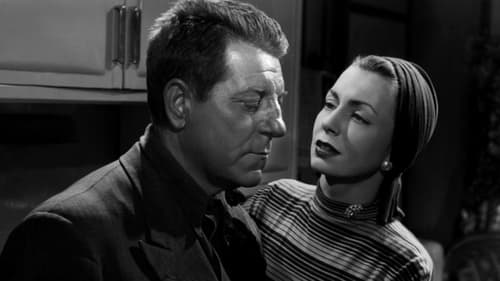
Reported missing in 1940, Jacques Ledru comes back to Strasbourg as Martin Schmidt. He tracks down his wife Genevieve, but she's remarried and has taken the head of his shipping company. She and her husband will do anything to get rid of Jacques and keep his company.
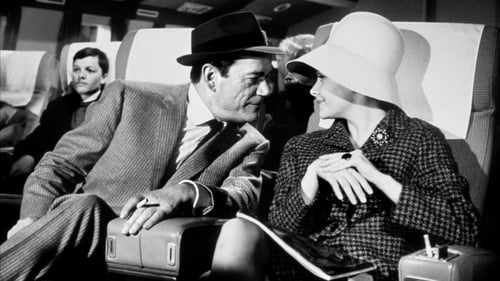
A famous FBI agent's vacation is interrupted by murder. His investigation leads him on the trail of three women of the local upper middle class.

Diary of a housewife, going mad. Armelle is nearly 30, with a husband and two sons. It's the early 80s in France, unemployment is high, and she's not worked (outside the home) since she was a dancer at age 20.
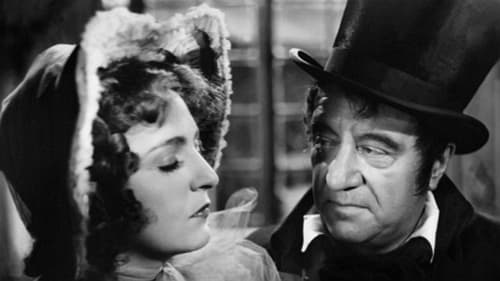
The story of a French officer who is assumed dead during the Napoleonic Wars, but returns ten years later to a very different France, both on a political and personal level. The film is based on the novel Colonel Chabert by Honoré de Balzac.

An old lady returns from Africa where she made a fortune to find her son in Paris, whom she has not seen in five years, with the intention of bringing him back with her. But this project fails.

After ten years away, Jacques Pruez,an unmarried, 50-year-old, modestly successful actor, returns to his home village to comfort his dying mother. His father Yvan, a family barber who's counting on his "successful" son to support him in his old age, refuses to believe that his wife is sick and insists that her doctors are killing her. She dies, and Jacques finds out that Yvan is not his real father. Besieged by memories of his childhood, the village and the past, Jacques wanders the streets at night, reliving the moments that set him apart from the rest.
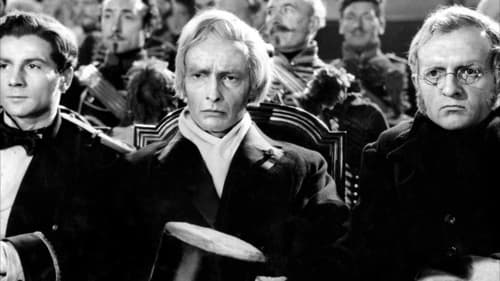
The film is biographical, telling the story of the life and artistic struggles of the French composer Hector Berlioz. Berlioz is shown as a recalcitrant medical student in an anatomy class dreaming of becoming a composer; at a demonstration during a performance at the Paris Opéra conducted by Habeneck; at supper with other young artists (Hugo, Janin, Dumas, Mérimée, Delacroix); and chasing after his future wife Harriet Smithson, after a performance of Hamlet. Also depicted are his life in a garret, while suffering from an illness due to an abscess in the throat; a visit from his mother who curses him; and the composition of the Symphonie fantastique. The film then shows his marital breakdown, the premiere of his opera Benvenuto Cellini, his travels throughout Europe, his second marriage to Marie Recio (called "Marie Martin" in the film), public acceptance in old age and reconciliation with his son.

Greece, 1936. An aristocratic woman engages in a series of loveless affairs before finding herself falling for a political activist.

A collection of early shorts (a combination of old stag films, vintage shorts, cartoons, and films made for the Penny Arcades) is narrated by an unknown voice-over actor in this compilation piece.

Director Jean Delannoy's immediate followup to his brilliant Les Jeux sont Faits was the more conventional Aux Yeux du Souvenir (aka Souvenir and To the Eyes of Memory). The film is based on a true story, wherein an France airliner managed to survive a journey from Rio De Janeiro to Dakar with two of its engines incapacitated. To this already intensely dramatic situation has been added a romantic subplot involving Claire Magny (Michele Morgan) and Jacques Forester (Jean Marais). The love story adds very little to the film; fortunately, neither does it detract from the film's overall quality. As was the case with many French productions of the 1940s, Aux Yeux du Souvenir benefits immeasurably from the Wagnerian musical score by Georges Auric.
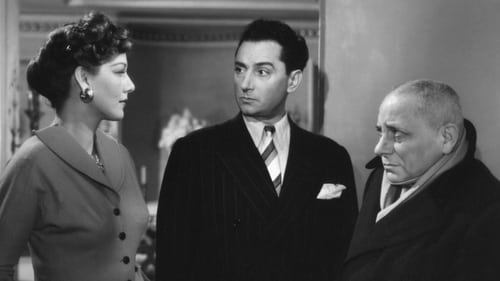
A circus daredevil is the next victim of a danger-seducing woman who tricks him into a potentially deadly stunt after he attempted to kill her.
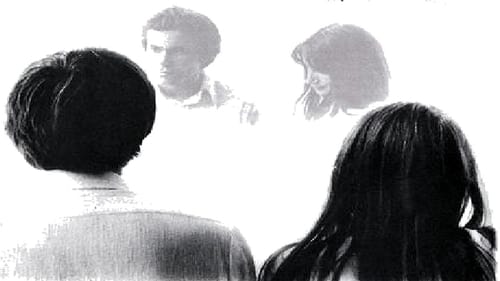
An ode to liberated speech and to the power of words, "those one speaks to others, those one speaks in silence", Alain Tanner's third film is inspired by a poet and a poetic text which deeply affected him as a young director.

Lyon, 1953. Maria Manzana is the oldest of a family with five children and the only one who has a job. Maria's mother is deceased and her father is regularly drunk and violent. One evening when he wants to beat his daughter Christine, Mary helps her sister and accidentally she kills her father. At Maria's advice the family would prefer to flee. Anna, the girlfriend of Mary's brother Michael, accompanies them. Michael doesn't want to leave her behind. A friendly trucker brings Mary and her company to the south. The group then walks on deserted roads to a village, that was abandoned more than 25 years ago due to lack of water.

An illiterate seamstress has a powerful fetish for silk which gets her into trouble. The psychiatrist sent to help her becomes fascinated by her case and when he returns to France from World War One they fall in love, an affair that can only end in tragedy.

